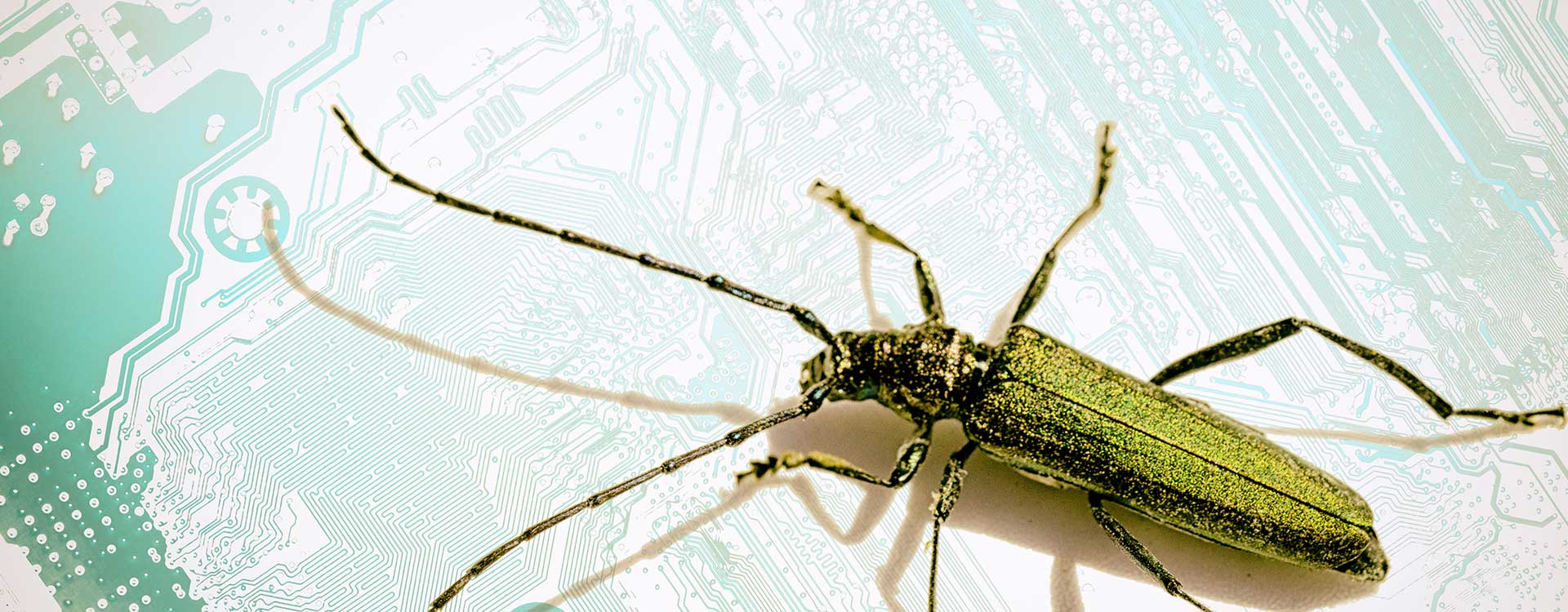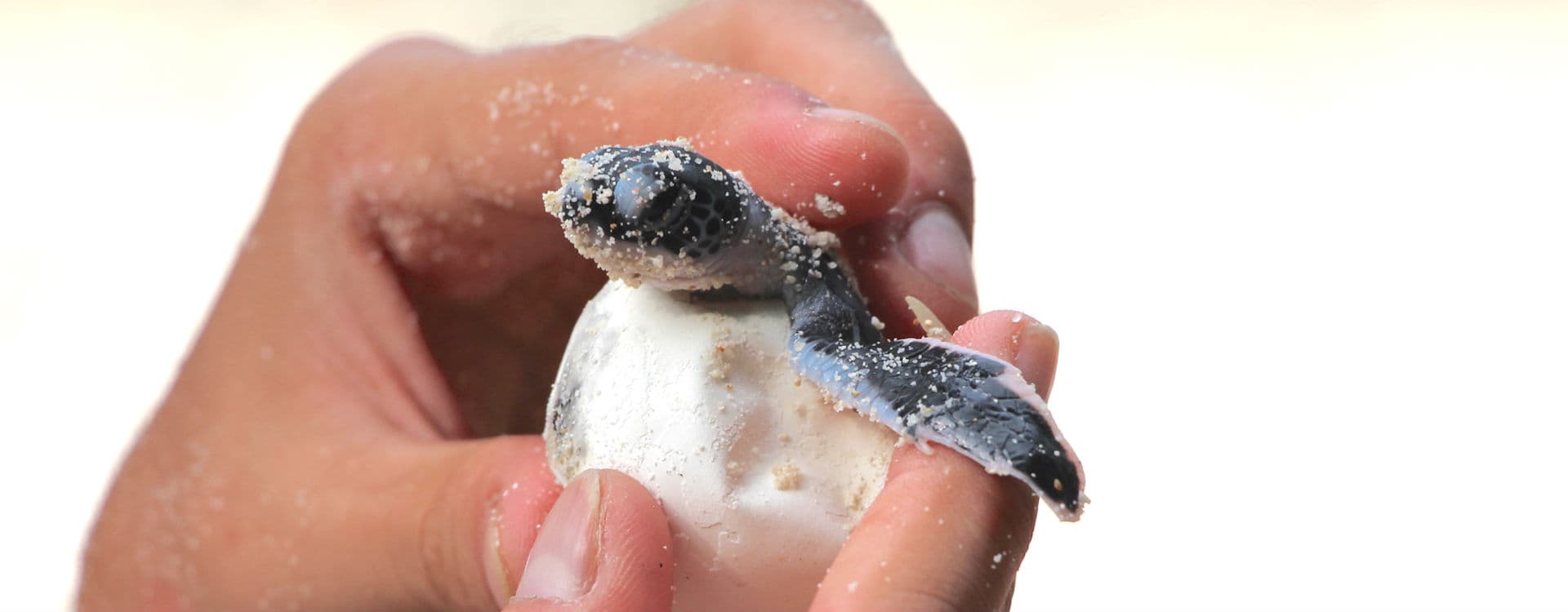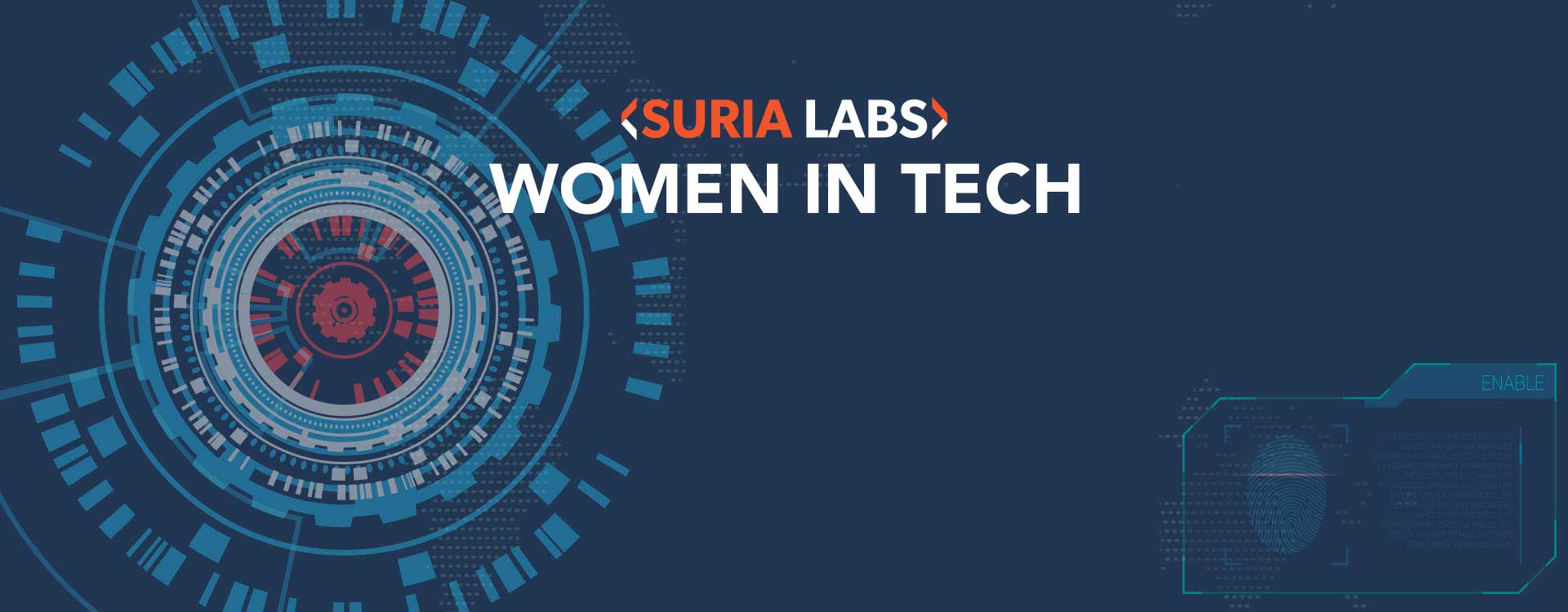We talk bugs (not the programming kind) with Leo Wein, the founder of Protenga on the challenges of running an insect biotech startup.
It’s not everyday you hear of a startup business centred around insects, but that’s exactly what Protenga, a Singapore and Malaysia based biotech startup is doing to promote circular economy solutions for agriculture businesses in South East Asia.
“We take waste and and turn it into valuable products for animals and plants using insects and we also build the systems to do that efficiently,” says Leo Wein, founder of Protenga. It’s a sustainable concept: By cultivating insects on low value organic waste and industrial by-products, Protenga then uses those insects to produce high-protein insect-based animal feed for aquaculture, pets and chicken. It doesn’t stop there, the digested waste is turned into fertiliser for organic farming too.

Leo Wein, founder of Protenga
Leo, who was previously from a software development background says he’s always been interested in recycling, waste reduction and sustainable food systems. But where exactly did the idea to start an insect farming startup come from? “If you had asked me 10 years ago, I probably wouldn’t have guessed I’d be leading an insect startup,” says the German native.
“I guess the spark came through my co-founder who is a biologist in training. When he presented the idea to me, it just made obvious sense to bring it to life because I have an interest in this field,” he says.
We started the company in Singapore in 2016, then we opened a research and development farm in Malaysia. For 2018, we are building a pilot commercial production in Johor and we’re also starting to set up a farm in Singapore. By next year we’re looking to expand in Malaysia and regionally.”
As someone who also has background in general science, the concept of creating a circular solution to produce a novel nutrient flow is an idea that excites Leo, “I guess back then I was chasing bugs in the code, so it was just a natural move to start chasing bugs in real life as well,” he laughs. But biotech startups normally come with their own series of challenges, and surely a startup involving insects as a main product offers a completely different set of problems for Protenga?

“Working with living objects inherently adds more challenges on your software,” says Leo, “For most startups, at the end of the day you press save and the hard disk won’t change until tomorrow or if you go away for a week and when you come back, everything is exactly as how you’ve left it. That’s not the case for when insects are involved, you have to be a bit more on the ball and keep them in control.”
To ensure a sense of control over the project, Protenga has enlisted the help of Suria Labs to build an IoT bioreactor with Raspberry Pi to help produce nutritious, juicy bugs, “The bioreactor is an R&D device to optimise production. We’ve basically designed an environment to boost accuracy and continuously measure 14 environmental parameters throughout the development cycle and are able to vary conditions using actuators.”
The bioreactor has various sensors for gases, humidity, temperature and helps to manage feed substrate pH values to ensure quality production of the insects. It works by controlling light and air ventilation within the reactor. There’s even a camera which films the progress of the larvae, allowing real-time growth measurements using a computer vision algorithm.
The Raspberry Pi is a very suitable choice to run the bioreactor. With the need to undergo live image processing of the progress and development of the insects, less resources are consumed when using Raspberry Pi compared to using other hardware.
The wifi controller that comes with the Raspberry Pi also allows remote access to the bioreactor, allowing Suria Labs in Kuala Lumpur to do long-distance maintenance on the bioreactor located in Johor.
There’s no denying the growing use of IoT in all forms of businesses today, and for a biotech startup such as Protenga, it can be a vital solution to solve challenges,“When it comes to R&D it’s definitely worth it, because it helps us to understand with much higher fidelity what actually happens in our production,” says Leo.
“Having to choose the right control parameters and measuring them is important when you do operations intensively. Yes, we could also simply put our insects in concrete pans and dump waste in there and they will grow and it will work, but it won’t work with the same consistency and have the same efficiency of output as with what we’re doing now.”
Find out more about Protenga here: http://protenga.com/






